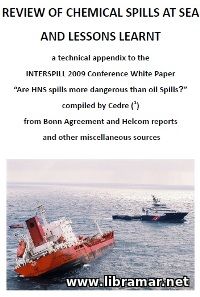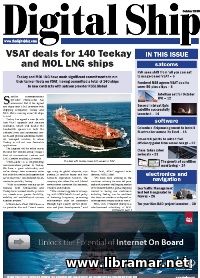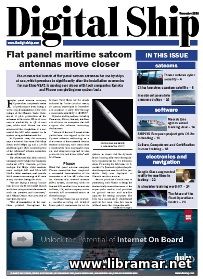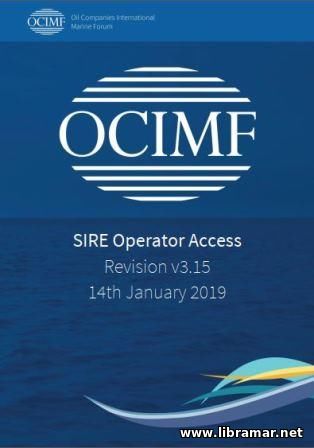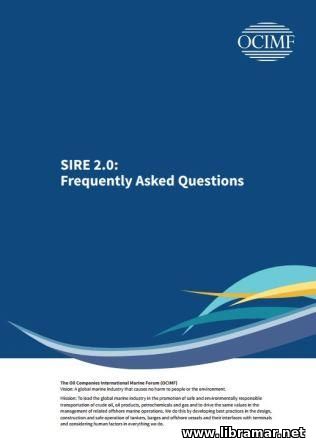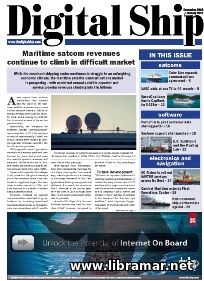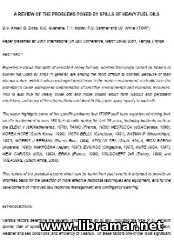
The practical experience collected through the years shows us that the it is very difficult to combat spills of the HFO, i.e. heavy fuel oils. It relates to both oils carried on board tankers and fuel oils normally used on board ships in general. Taking into account viscous nature of these oils leading to the extended persistence in the environment, they are considered to have serious potential to be causing contamination of economic and environmental resources, particularly sensitive ones.
This would normally be true when applied to the heavy crude oils since they form viscous emulsions. Many of the observations that are contained in this compact booklet apply to heavy crude oils, as well. The present publication was released by the ITOPF organization to highlight several specific problems experienced by the members of ITOPF in the course of their participation in over hundred and fifty oil spills that occurred in the last twenty-five years.
The careful review of the practical lessons that shall be learned from all past events is actually intended to provide industry with the basis to be used when selecting the most effective response equipment and techniques as well as when developing significantly improved contingency planning and oil spill response management.
